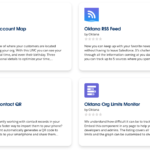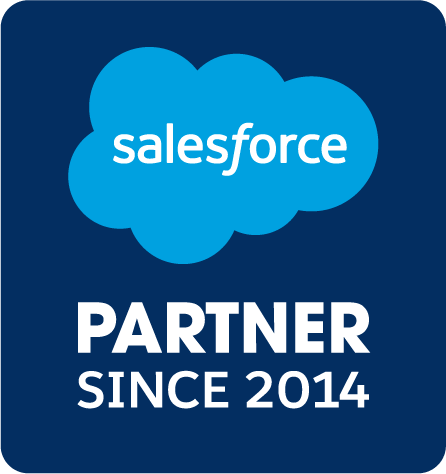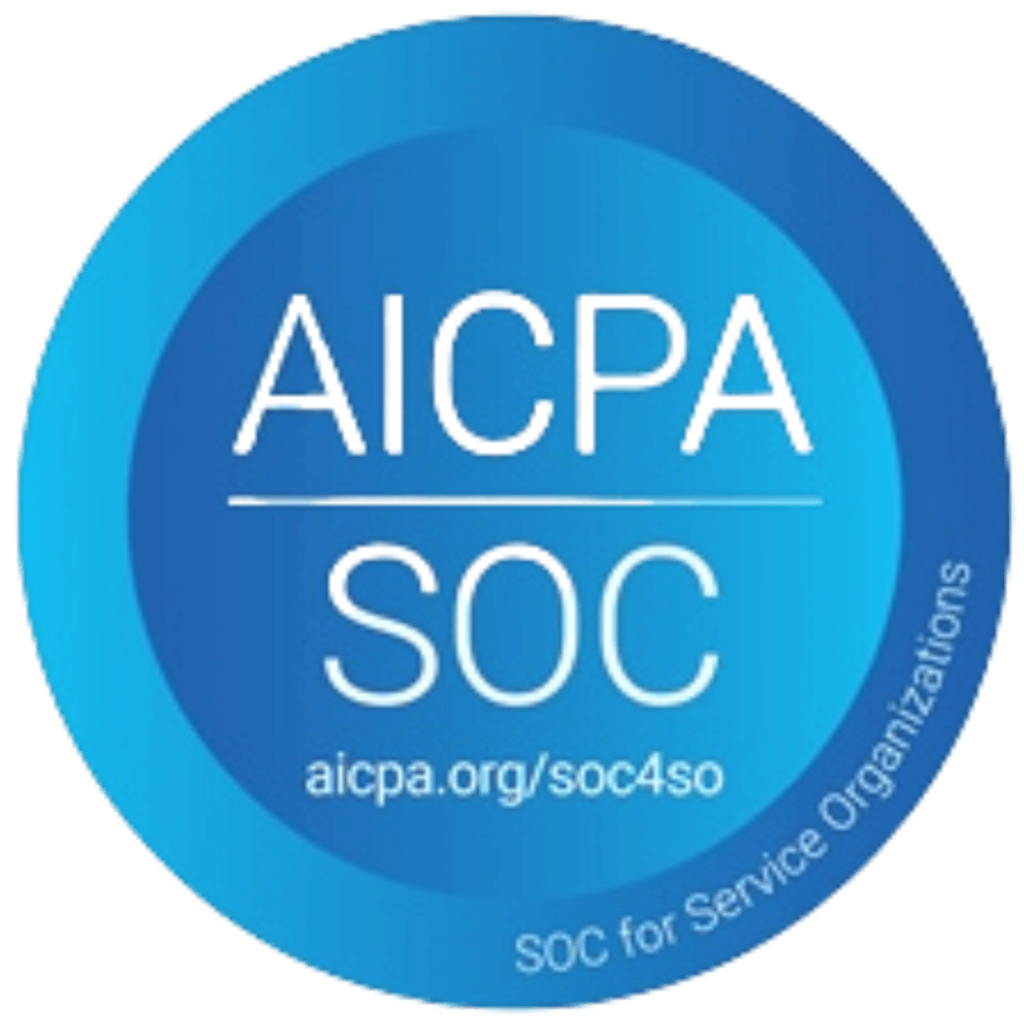Interested in becoming a DevOps engineer, but you still have some questions about it? Sebastian V, an architect in our Uruguay office, has answers.

What DevOps tools have you come across? Would you recommend any Salesforce-related products?
There are many tools, but the most useful ones are repositories. Then we have different automation tools based on the Continuous Integration approach. The first tool I used was CumulusCI, a powerful toolset for employees and community collaborators. It allows anyone working on an enhancement to NPSP(Nonprofit Success Pack) or EDA (Education Data Architecture)—or even a community project to spin up a Salesforce instance complete with NPSP or EDA already installed and configured.
CumulusCI builds orgs based on repeatable recipes (dependency management, package or application installation, metadata deployment to tailor org, and more). CumulusCI makes it easy to define fully realized scratch orgs. Also, it has a pipeline, a UML script that lets you determine how you want that deployment to be. For example, suppose you need to add test data or run one specific apex class before the deployment. In that case, you can customize the way that you are going to deploy.
Jenkins is the second tool I have been using. Jenkins is a free and open-source automation server. It helps automate software development related to building, testing, and deploying, facilitating continuous integration and continuous delivery. You can integrate it with different tools, like Slack, GitHub, Assembla, and more. It’s an excellent tool.
Should the production deployment be automated too?
The idea is that we try to automate everything. The thing about production deployments is that sometimes it is an issue because businesses don’t want an automated tool to do those deployments.
The primary goal of DevOps is to try to automate everything. This is what we call the Value Stream: the process required to turn a business hypothesis into a technology-enabled service that provides value to the customer.
Does CumulusCI use the same SalesforceDX commands?
No, it doesn’t use the same ones. For me, SalesforceDX (SFDx) commands are more difficult to understand because of the way they are written. CumulusCI gives you more human-readable commands, and it lets you create your own commands.
How different or similar are the profiles of a DevOps engineer and developer? Do DevOps engineers need to be a developer first?
In the past, operations teams have had a different role in IT. DevOps is not trying to change that because there are some things that the operation team needs to continue doing, like monitoring. The DevOps profile adds development, so if you ask me, you can start from both sides.
It is essential to mention that being on the DevOps side requires knowing code because pipelines are written with code. For example, Jenkins pipelines are written in a groovy version of Java. Also, command-line tools use shell commands, so it is better if you know how to write shell commands.
So most DevOps engineers must understand and know how to work with GIT, shell commands, and different languages like Java.
What should I do if I want to get started in DevOps?
You can follow many paths, and there’s the myth that DevOps engineers are the top senior developers, that is not like that. DevOps has a broader spectrum. And, of course, there are DevOps engineers that are awesome!
But if you want to be a DevOps engineer, we are not interested in designing applications; we focus on helping improve the development lifecycle. You can take some great certifications online, like AWS Certified DevOps Engineer – Professional and Certified Kubernetes Application Developer (CKAD). They’re a great way to get started.
How is DevOps different from agile?
That’s the myth that says that DevOps is coming to eradicate agile. That is a lie because DevOps and agile complement each other. Agile focuses on the requirements side and the building part, while DevOps focuses on what comes next – it’s like an extension of the framework. DevOps tries to focus on the value streams, how they can reduce them, and how to automate. So it’s like the next step in the new era of a software engineer. You still need agile, a scrum master, a product owner, and your team. But how do you deliver that to the market? Well, you will have to use DevOps.
What is the best thing about DevOps?
Our DevOps team keeps growing, so we asked some of the team members for their favorite things about DevOps:
“What I like the most about DevOps is the interrelationship with all teams in general. One is a full stakeholder. The most important thing to know and remember is that DevOps is not a trade, profession, or specialty; it is a philosophy and culture, and it is not only the knowledge about the use of tools. At the same time, a DevOps engineer never stops learning. We are constantly learning new tools and ways of working from different resources. Another exciting thing is the automation of processes to launch servers, monitor them, and generate an infinite number of jobs in this area. I can’t select one favorite tool because I like them all. I use the IntelliJ IDE and Infrastructure As A Code (IAAC) Terraform + Ansible + Puppet + Salt for programming. For CI/CD, I use Jenkins + Github. DroneCI for image generation, for acceptance test Cucumber, and for monitoring Sonarqube.”
Marco Ramirez – Oktana DevOps, Bolivia
“I like being able to have a precise and efficient process of moving the new ‘features’ implemented to other environments. So later, as a developer, you can focus on the development itself and not worry too much about deploying the new features.”
Kevin Monzon – Oktana DevOps, Uruguay
If you are interested in learning more about DevOps, read our latest article: Introduction to DevOps and Continuous Integration. And if you are interested in joining our family and following this career path, check out our open positions.






